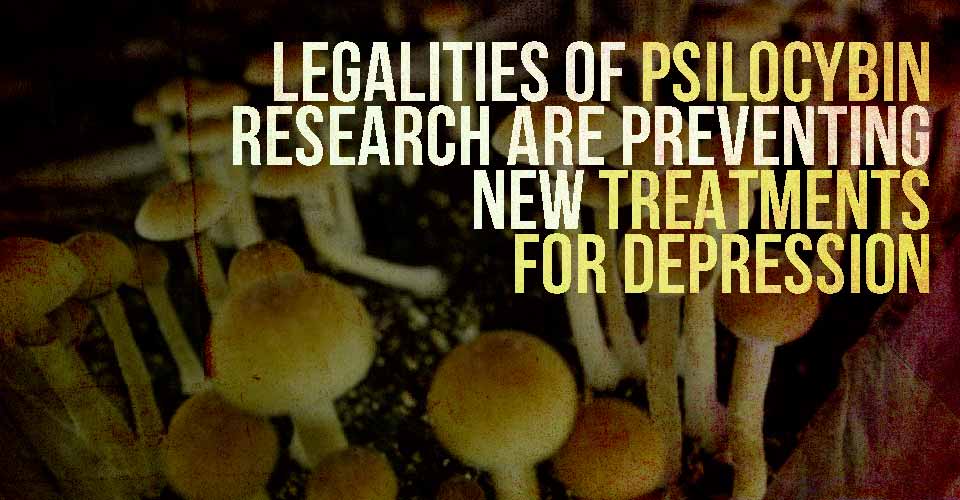
So, what if someone told you that there is a naturally occurring chemical that could quite literally “turn off” the part of the brain that responsible for depression with no adverse side effects? Sounds great right? Then someone says that you can’t even test that naturally occurring chemical because of the stigma associated with it. That is exactly what is happening with Prof. David Nutt, a renowned neuropsychopharmacologist at Imperial College in London.
Buy an “Intelligence is sexy” t-shirt!
Nutt spoke at this year’s Breaking Convention about how despite popular public opinion, outdated laws prevent researchers from even testing chemicals like psilocybin or LSD for their therapeutic properties. Nutt believes that these types of drugs can eliminate things like addiction, anxiety, and depression, but politicians aren’t changing their minds anytime soon.
In his speech, Nutt said, “Politicians have this peculiar fear of LSD. Albert Hoffman [the Swiss scientist who first synthesised the drug in 1938] said LSD was his ‘problem child’. There is no doubt it is still a problem child for very many politicians, for reasons that are historic, based on ignorance and on disinformation.
One of the interesting things about psychedelics is that there is an enormous amount of sympathy in the general public to their use, particularly as medicines. A lot of people are very angry that they have been denied to the public as medicines for over 50 years. My own view is that this is the worst censorship of medicine and clinical research in the history of the world. If you really want to use [psychedelics] as medicine, it’s important to have a sound scientific underpinning.”
Read: New Research has Found an Interesting Cause of Depression
Despite the legal red tape associated with LSD research, Nutt and his research team have actually been able to do brain imaging studies of the effects of psilocybin on the brain. Nutt’s team recently became the first research team to ever do a brain imaging study of the effects of LSD on the brain. Nutt says, “We’ve [discovered] that these drugs have quite profound effects, for instance, they switch off the part of the brain that causes depression. Now we’re doing a trial using psilocybin to treat depression because we think where conventional treatments fail, psilocybin might work.”
The problem is that no matter how promising the research is, Nutt can hardly get ahold of the psilocybin for testing. There are a limited number of hospitals that are available to supply it, and even then – the process of getting permission to use it takes time. “The depression trial took three years to work through all the different regulations. We spent almost all the money we had just getting the drug and getting through those regulations,” explains Nutt.
Read: Study Shows Cellphone Use Can Lead To Damaged Relationships And Depression
Nutt went on to say, “The world needs to wake up to the potential of drugs like LSD and psilocybin, and also cannabis,” proclaims Professor Nutt. “These drugs have enormous potential. Every day that goes on with these drugs illegal, patients are suffering; patients are committing suicide because they are not getting treated for their depressions or their pain. So, it is a priority for medicine in the world to reverse these laws.”
Imagine the research that could be done if politicians quit worrying about old stigmas, and focused instead on new treatments?


